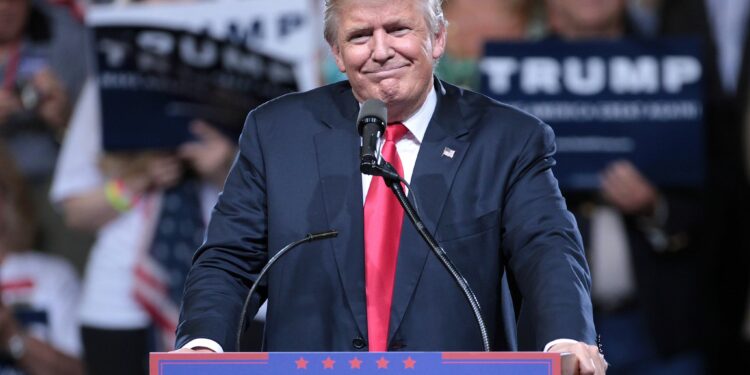
In response to President Trump’s recent executive order offering South Africa’s white minority refugee status and resettlement in the U.S., groups representing Afrikaners—a group of South African descendants primarily from Dutch, French, and German settlers—have declined the offer. These groups, including Solidarity and AfriForum, have publicly expressed their desire to remain in South Africa and build a future in the country.
Trump’s order came after his administration criticized the South African government for violating the rights of white Afrikaner farmers. Specifically, the administration cited violent attacks on these farmers and the controversial land expropriation law, which allows the government to seize land from minority groups without compensation. The South African government has denied these accusations, stating that no widespread attacks against white farmers are occurring and dismissing Trump’s comments as misleading.
Afrikaners, who represent a small portion of South Africa’s population, are still a part of a group that holds significant wealth. Despite the country’s complex racial history, whites still control around 70% of South Africa’s private farmland. This economic privilege is at odds with claims of widespread discrimination. Nonetheless, the Trump administration’s actions have sparked debate both in the U.S. and South Africa, with some South African citizens questioning the portrayal of Afrikaners as victims in need of rescue.
At a press conference on Saturday, Solidarity’s CEO, Dirk Hermann, made it clear that his members were not seeking to leave South Africa. “We want to stay here,” he affirmed, emphasizing their commitment to the nation. AfriForum’s CEO, Kallie Kriel, also echoed these sentiments, stating that they had no intention of relocating elsewhere.
The Trump administration’s stance has ignited a global conversation about race relations in South Africa, with critics in South Africa accusing the U.S. of amplifying unfounded claims of victimhood. While some in South Africa’s white minority community believe they are being unfairly targeted by policies that seem to address historical injustices of apartheid, it’s clear that the issue is deeply divisive. The pushback against Trump’s executive order underscores the ongoing tension over South Africa’s policies of redressing the legacies of colonialism and apartheid.
As this situation develops, it remains clear that the Afrikaner community has no plans to abandon their homeland, even as they continue to voice concerns about policies that they believe unfairly target their rights and land ownership. Despite international attention on these issues, the people of South Africa seem committed to resolving these challenges within their own borders.
